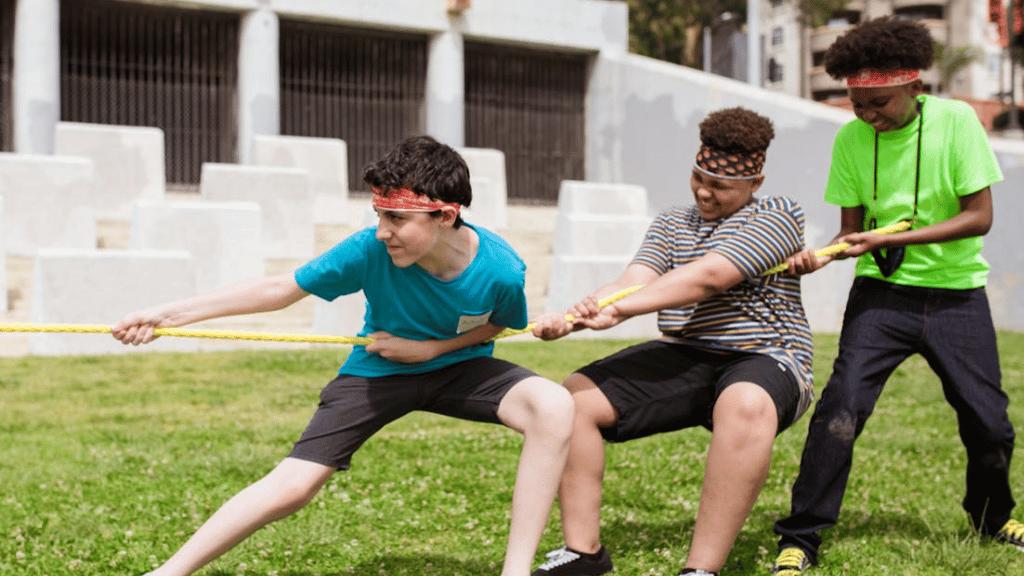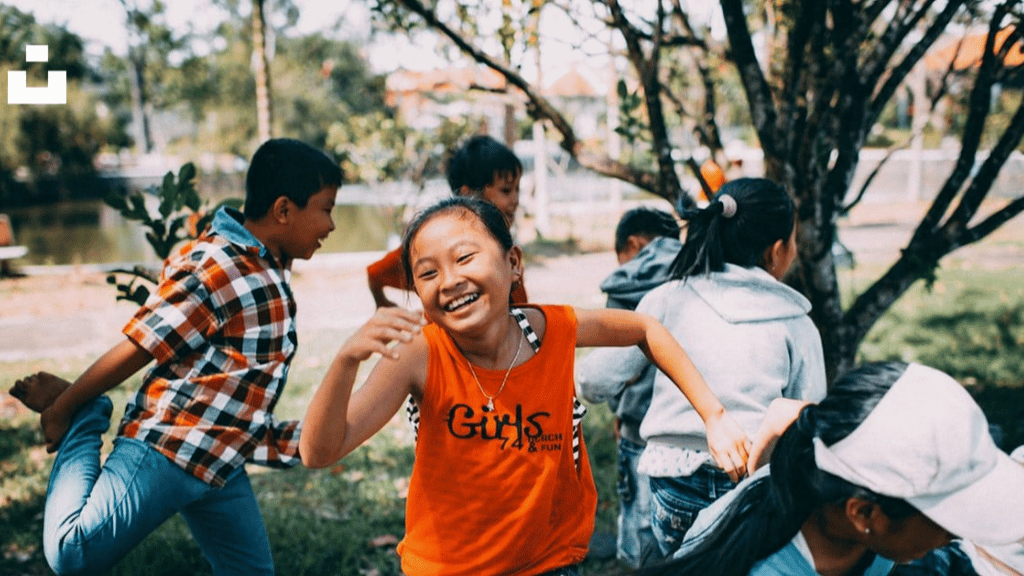Summer camps offer unique experiences that contribute significantly to childhood development. As children step away from their daily routines, they immerse themselves in an environment filled with new challenges, friendships, and learning opportunities. Here are seven reasons why summer camp is a huge component of a child’s growth journey.
Fostering Independence
One of the most significant benefits of summer camp is the opportunity for children to develop independence. Away from their parents, kids are encouraged to make their own decisions, solve problems, and take responsibility for their actions. This autonomy builds self-confidence and prepares them for future challenges in life.
At summer camp, children navigate various situations without parental guidance, from deciding what to pack for a trip to managing their time during activities. Such experiences foster resilience and enhance decision-making skills, which are crucial as they grow older. By learning to rely on themselves, children often leave camp with a newfound sense of confidence that positively affects their home and school life.
Developing Social Skills
Summer camp serves as a social melting pot where children develop their interpersonal skills. Interacting with peers from diverse backgrounds, they learn to communicate effectively, collaborate in teams, and resolve conflicts. Insights from Campwing.com highlight how these experiences can shape a child’s ability to form friendships and develop emotional intelligence. These social lessons often extend beyond camp, helping children feel more confident and connected in school, extracurricular activities, and everyday life.
Research shows that kids who attend summer camp often return home with improved relationship skills. They learn valuable lessons about empathy, sharing, and understanding different perspectives, which helps them navigate future social situations. By immersing themselves in a communal environment, children also feel a sense of belonging—a key element in their emotional development.
Encouraging Physical Activity
With screen time dominating kids’ lives, summer camp provides an excellent opportunity for physical activity. Engaging in sports, outdoor games, and other fitness-related activities helps children develop healthy habits and improve their physical health. These activities promote teamwork and sportsmanship.
According to the World Health Organization, children should accumulate at least 60 minutes of moderate to vigorous physical activity daily. Summer camps often incorporate this into their programming, ensuring that kids are active while having fun. A healthy lifestyle established during childhood can lead to lifelong habits that keep them physically fit.
Cultivating Creativity and Imagination
Summer camps often encourage creative expression through various artistic and recreational activities. Whether it’s pottery, painting, music, or drama, children are given the chance to explore their creative sides away from academic pressure. This exploration can significantly contribute to their cognitive development.
Creative pursuits stimulate the brain, enhancing problem-solving skills and critical thinking. Children who participate in creative activities often demonstrate improved academic performance. Such camp experiences provide children with an avenue to express their thoughts and feelings in constructive ways.
Building Lasting Memories
The experiences children have at summer camp can lead to lasting memories and friendships. These memories often serve as a foundation for their nostalgic recollections as they grow older. Campfire stories, canoe trips, and late-night chats create bonds among campers that can last a lifetime.
Such experiences also provide children with a sense of adventure and discovery. Returning home with stories to share fosters social connections, not just among peers but within families as well. These shared stories become a rite of passage for many families, reinforcing family ties and nurturing a sense of community.
Real-World Learning Experiences
Summer camp is often a real-world classroom that pupils experience by doing. Unlike traditional learning environments, camps emphasize experiential learning where children take part in hands-on activities. Whether exploring nature or learning survival skills, campers gain knowledge that goes beyond textbooks.
Incorporating practical skills into their routine builds a sense of accomplishment and self-reliance. At camps, children discover new interests and develop skills they may not explore elsewhere. This kind of learning reinforces the notion that education can be as much about personal growth as it is about academics.
Enhancing Emotional Well-Being
Summer camps play a crucial role in enhancing emotional well-being. For many children, camp is a supportive environment that allows them to express themselves without judgment. They learn coping strategies for handling stress, anxiety, and homesickness; their emotional resilience gets tested and also strengthened.

In a safe and structured environment, campers often find comfort in discussing their feelings with peers experiencing similar challenges. Such emotional support fosters trust and encourages children to share their thoughts, paving the way for emotional intelligence that carries into adulthood.
As summer approaches, considering the benefits of camp can provide children with enriching experiences that promote vital life skills. From independence to social growth and physical activity, the lessons learned at camp have a lasting impact on a child’s development journey.




